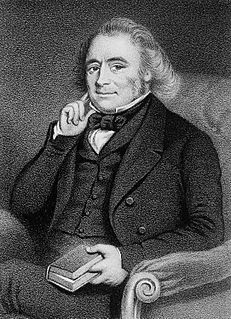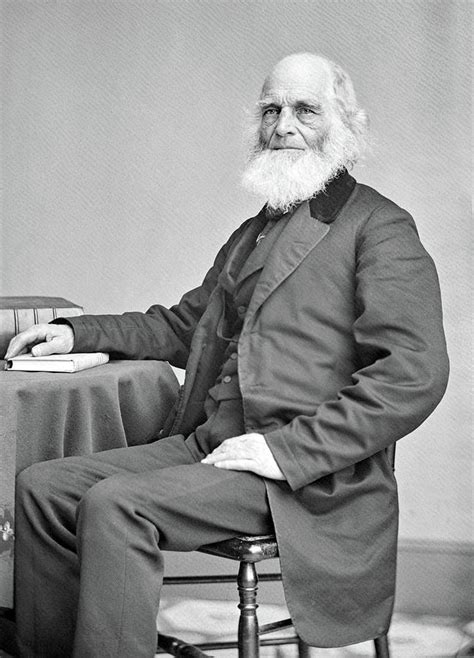A Quote by John Keats
Souls of poets dead and gone,
What Elysium have ye known,
Happy field or mossy cavern,
Choicer than the Mermaid Tavern?
Have ye tippled drink more fine
Than mine host's Canary wine?
Related Quotes
O ye dead Poets, who are living still Immortal in your verse, though life be fled, And ye, O living Poets, who are dead Though ye are living, if neglect can kill, Tell me if in the darkest hours of ill, With drops of anguish falling fast and red From the sharp crown of thorns upon your head, Ye were not glad your errand to fulfill?
Ye poor posterity, think not that ye are the first. Other fools before ye have seen the sun rise and set, and the moon change her shape and her hour. As they were so ye are; and yet not so great; for the pyramids my people built stand to this day; whilst the dustheaps on which ye slave, and which ye call empires, scatter in the wind even as ye pile your dead sons' bodies on them to make yet more dust.
Be ye a refuge to the fearful; bring ye rest and peace to the disturbed; make ye a provision for the destitute; be a treasury of riches for the poor; be a healing medicine for those who suffer pain; be ye doctor and nurse to the ailing; promote ye friendship, and honour, and conciliation, and devotion to God, in this world of non-existence.
Ye winds ye unseen currents of the air,
Softly ye played a few brief hours ago;
Ye bore the murmuring bee; ye tossed the air
O'er maiden cheeks, that took a fresher glow;
Ye rolled the round white cloud through depths of blue;
Ye shook from shaded flowers the lingering dew;
Before you the catalpa's blossoms flew,
Light blossoms, dropping on the grass like snow.
I thought the force of my wanting must wake ye, surely. And then ye did come. . ." He stopped, looking at me with eyes gone soft and dark. "Christ, Claire, ye were so beautiful, there on the stair, wi' your hair down and the shadow of your body with the light behind ye…." He shook his head slowly. "I did think I should die, if I didna have ye," he said softly. "Just then.
Murtagh was right about women. Sassenach, I risked my life for ye, committing theft, arson, assault, and murder into the bargain. In return for which ye call me names, insult my manhood, kick me in the ballocks and claw my face. Then I beat you half to death and tell ye all the most humiliating things have ever happened to me, and ye say ye love me." He laid his head on his knees and laughed some more. Finally he rose and held out a hand to me, wiping his eyes with the other. "You're no verra sensible, Sassenach, but I like ye fine. Let's go.

































